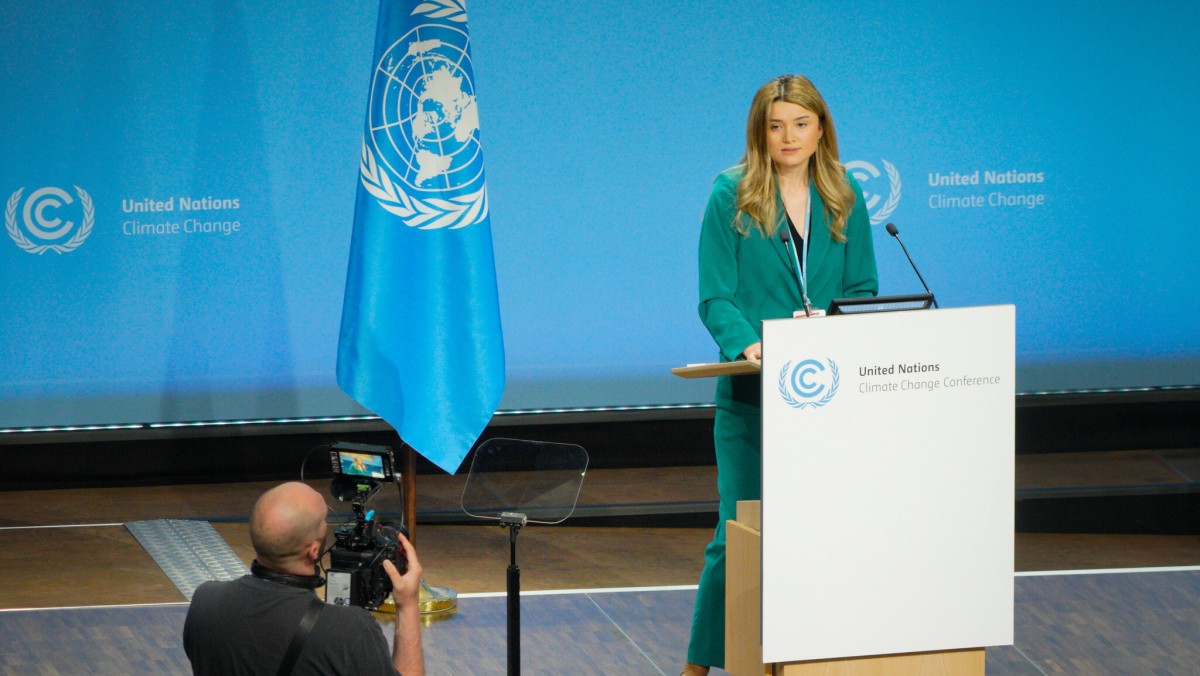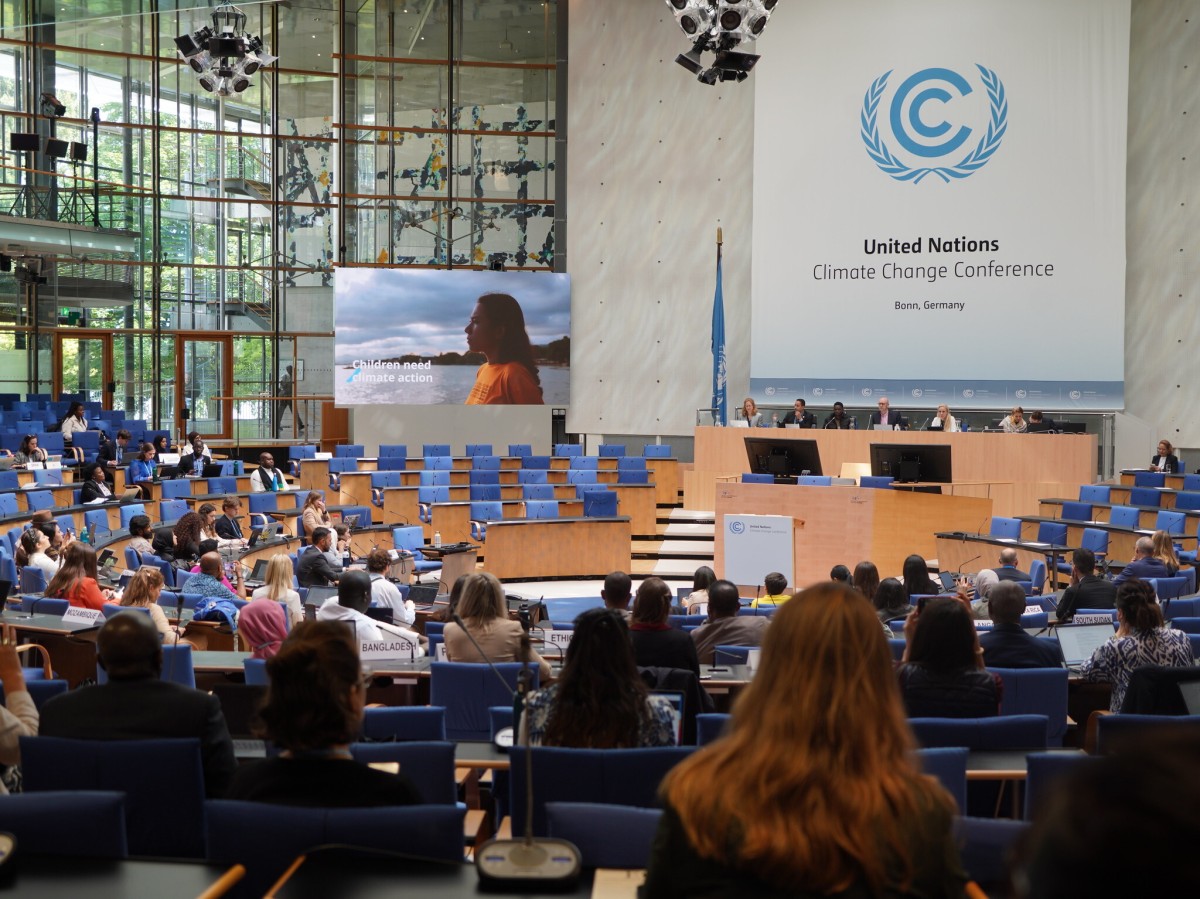Money on the table: disappointing Bonn Climate Conference puts even more pressure on COP29
‘Trillions, not billions.’ That was the appeal climate diplomates representing lower-income countries made at the Bonn Climate Change Conference. But did anybody listen?
The June climate sessions in Bonn are meant to pave the way for constructive negotiations during the COPs, the yearly climate conferences where the real decisions are made about living up to the Paris Agreement. However, member states failed to find common ground on how the most important negotiations during COP29, about a new goal for global climate finance, should go.

Reaching most vulnerable communities
‘There is a big gap between the financing that is needed for climate adaptation and the current budget’, explains Esin Erdoğan, Policy- and Advocacy officer at Simavi. ‘The existing system for climate finance also fails to address how financing is supposed to reach the people on the ground who need to be able to act now. Low-income countries are suffering the effects of the climate crisis for which they are not responsible. It is only fair that high-income countries pay their historic debt for the catastrophic effects of climate change for which they largely carry responsibility.’
All member states of the United Nations Climate Change body have agreed that countries that are responsible for most emissions worldwide must provide climate finance for countries who have contributed least to climate change. In this way they can adapt to the consequences of climate change and transition to a sustainable and clean economy.
While slowly but surely, climate finance is being delivered up to billions, the needs of the world call for far more. According to climate-vulnerable states, trillions are needed to meet their increasing needs in the face of escalating climate threats. Furthermore, climate finance should be provided as grants and be accessible to local organisations and communities, rather than only coming in the form of loans, which do not ultimately benefit those last-mile communities who suffer the dire consequences of climate change.

'High-income countries must pay their historic debt for the catastrophic effects of climate change for which they are responsible.'
New climate finance goal as a top priority
The current climate finance contributions are not adequate to tackle the immense challenges that climate-vulnerable countries are facing. Therefore, it is crucial that a new global goal for climate finance is adopted during COP29 coming November in Baku, Azerbaijan. Expectations that key-decisions would be made in preparation for COP29 were high. However, member states failed to conduct meaningful negotiations about crucial details such as commitments that the climate financing goal will match the estimated 6 trillion USD that is needed for the adaptation of climate-vulnerable countries, and the promise that a substantial portion of climate finance will come from public sources.
A concerning precedent
‘This sets a concerning precedent for the coming COP’, says Esin Erdoğan. Erdoğan was present at the Climate Conference in Bonn as part of the constituency Climate Action Network, the global network that represents civil society organizations at UN climate talks, and as the Dutch NGO representative for the Dutch delegation. She witnessed the unwillingness of high-income countries to consider bridging the trillion-dollar gap that is needed to reach the goals on adaptation. ‘High-income countries are hesitant to make any commitments on increasing the means that support climate adaptation. This is where the negotiations reach an impasse.’

Good news for gender inclusivity
However, some good news also came out of the Bonn sessions: States have reached a consensus that a gender responsive approach should be central to adaptation planning and action, meaning that adaptation efforts should also contribute to gender equality. However, it is crucial that member states remember this during the negotiations in Baku.
The Road to Baku
COP29 will be the global climate financing COP. As the Dutch NGO representative, Erdoğan will focus on the mainstreaming of gender and water as crucial elements of adaptation agreements, the accessibility of climate finance, and on making sure that high-income countries contribute their fair share of grants-based climate finance for adaptation.
‘The road to Baku is going to be a tough one. Many member states are experiencing internal political changes, which makes it hard to predict how some states will go into the negotiations. However, it is necessary that climate-vulnerable countries end up with a fair and funded result. This will be the message we will deliver at COP29.’


